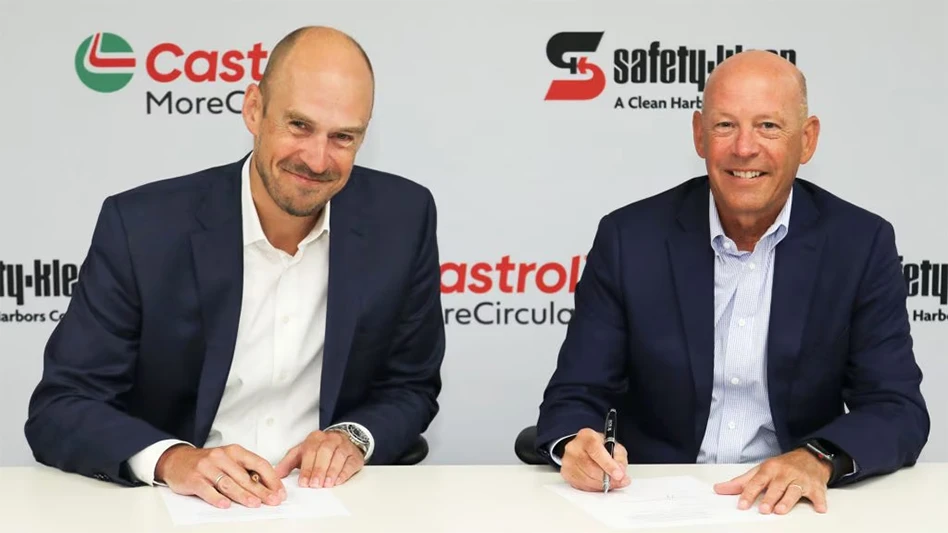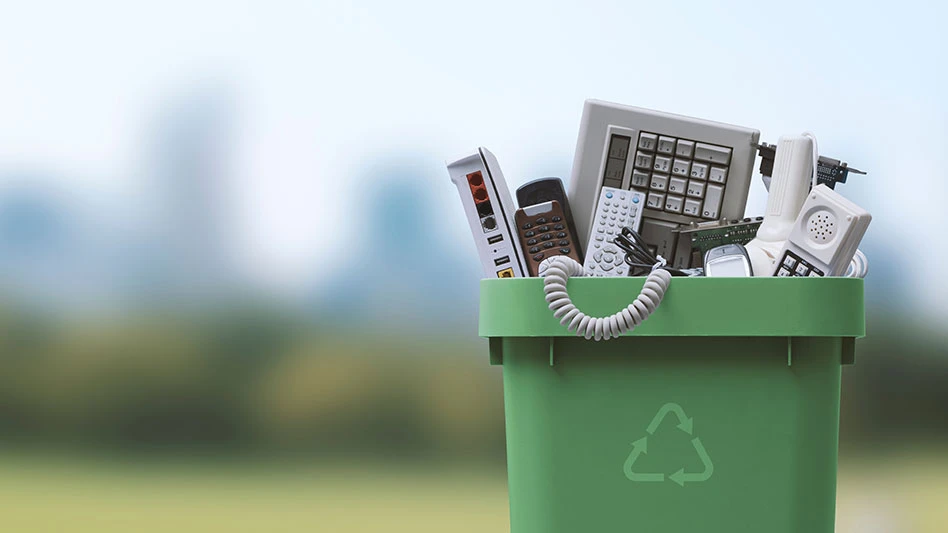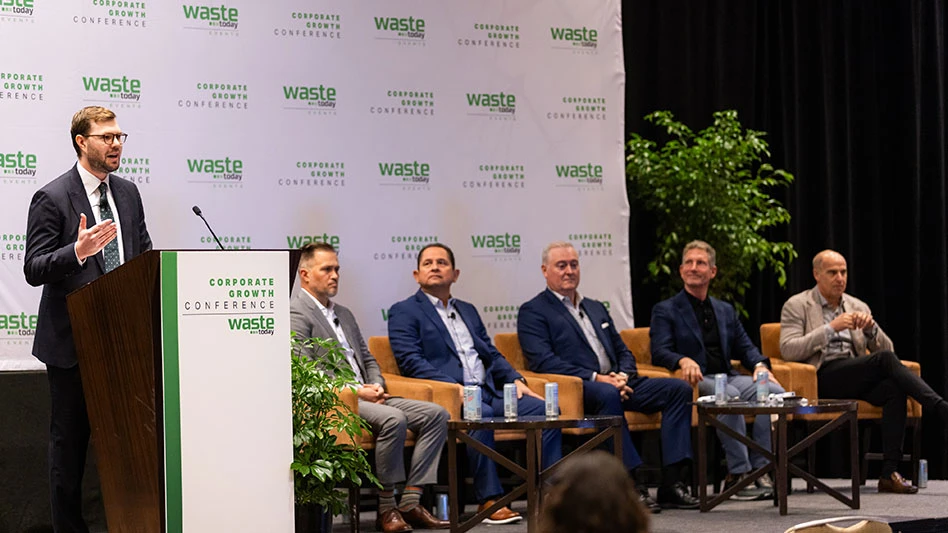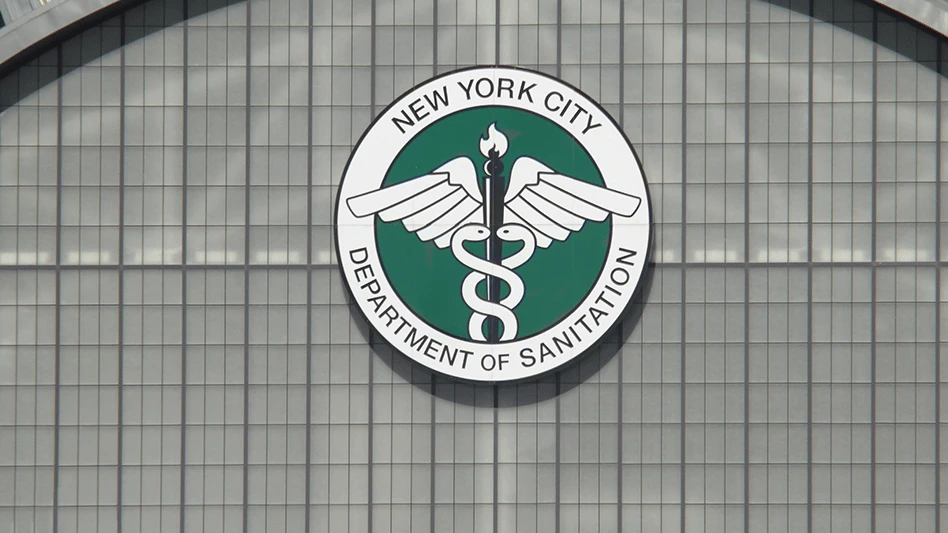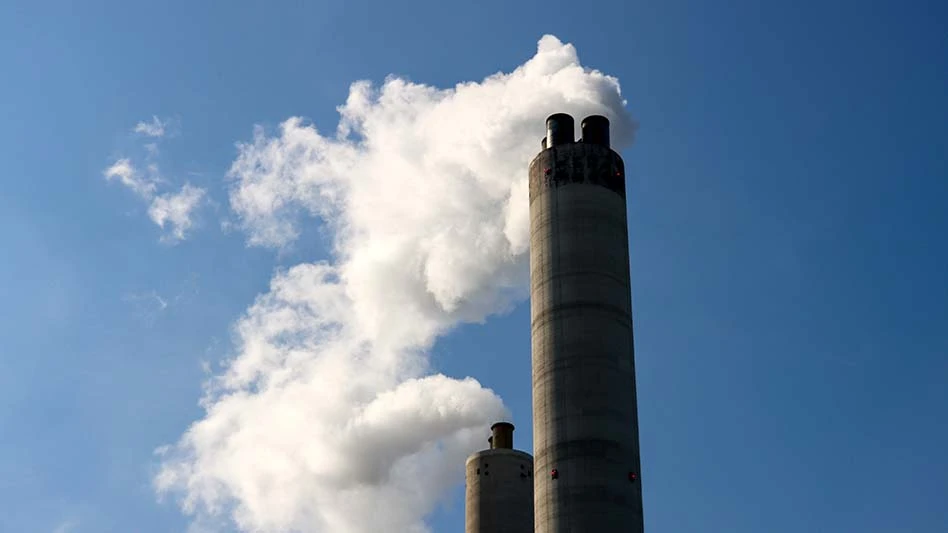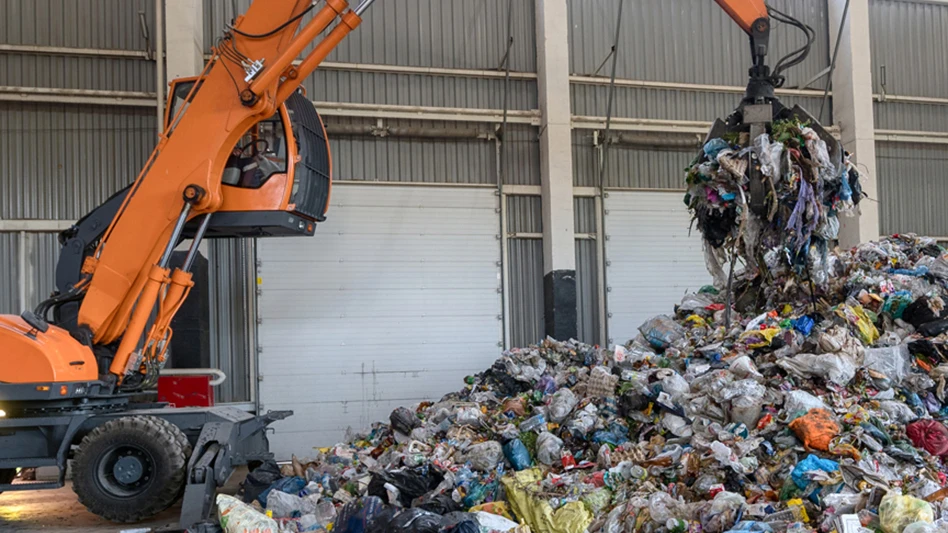
As a solid waste characterization expert with a hockey addiction, I get excited when I see industry representation—it’s about the teamwork, grit and brutality that are universal in their specificity.
To me, hockey and solid waste management have a lot in common. Before the naysayers and NIMBYs chirp that they are both trash, hear me out, eh? (However, I will acknowledge that the fugitive smells that can be emitted from these two activities just might be some of the worst out there.)
1. “You miss 100 percent of the shots you don’t take.” — Wayne Gretzky
Netting resource conservation goals such as success in the circular economy can be challenging in the solid waste management industry as our systems tend to involve a wide variety of stakeholders, including regulatory bodies, environmental agencies, waste collectors, processers, haulers and the public. In these industries, it is imperative to have individuals on the bench who understand dynamic team mechanics and are willing to put in the time and hard work to be cohesive.
I have noticed that this cohesion, especially at a regional level, serves solid waste agencies well, as these agencies tend to have the agility and resiliency to use failure as a tool for improvement (whether you have a Senators- or Sunnyvale-sized budget). As federal and regional solid waste regulations increasingly trend toward circularity, these teams understand that the opposite of success is not failure but doing nothing.
2. “Skate to where the puck is going, not where it has been.” — Gretzky, the Great One
Staying ahead of the resource conservation pack is not easy in the solid waste industry. Like hockey, there could be high investment costs, team turnover and difficulties sustaining fan base support when the play becomes stagnant.
However, you can’t get ahead if you don’t know where you are starting from. Whether your solid waste management program is trying to improve services and infrastructure, gain industry certification such as Leadership in Energy and Environmental Design (LEED) or adapt to new regulations like material bans or zero-waste initiatives, you first need to understand the type and amount of materials being disposed.
A waste characterization study allows you to measure the sources, quantities and types of waste generated in a particular area and helps determine the effectiveness of services, prioritize areas for improvement and, most importantly, create original data that can be used to empower change. This will lay the groundwork to communicate solid waste management needs with defensible data to make a justifiable case for funding and resources that support your program’s progress.
3) “All hockey players are bilingual. They know English and profanity.” — Gordie Howe
Ice hockey and handling solid waste are dangerous professions—these jobs are not for the faint of heart or body. These activities require a combination of superior strength, grit and a level head on a swivel to avoid injury. From cuts, abrasions, slips, trips and contact with flying objects, these frontline workers face many grisly hazards, and the consequences of errors can be severe in both arenas.
Unfortunately, industry fatalities and injuries are well-documented on both sides of the aisle, despite advancements in safety protocol and equipment. Solid waste and hockey need people in stripes and safety vests—the referees, linesmen and safety officers—to set the tone to protect the well-being of those on the front lines facing the greatest of dangers.
Success in solid waste management and hockey is defined by team dynamics, not by an individual’s efforts or actions. Getting good players is one thing, getting good players to work together is another. Celebrating talent diversity on a team can ensure safety, encourage resource conservation and bolster resiliency.

Explore the October 2024 Issue
Check out more from this issue and find your next story to read.
Latest from Waste Today
- CAA submits final draft program plan in Oregon
- Washington city adds organics collection to waste service
- Aspen Waste Systems expands into Denver-metro market
- NYSAR3 seeks respondents to commercial recycling survey
- Aemitis AD system goes online
- Liebherr breaks ground on logistics center
- Rubicon appoints new CFO
- Nexus W2V attracts funding for waste conversion project in Indiana
